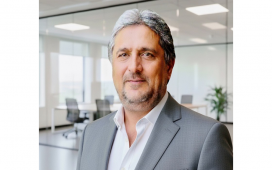Sustainability is an extremely complex, layered, and contentious issue, with most discussions in the developing world focusing on government policies and initiatives to combat the adverse impact of climate change.
However, in this entire discourse, the importance of community and individual actions and their impact on the current and future generations and our planet at large, is largely ignored.
That the disastrous impact of climate change is here and now, and requires immediate action, is largely lost.
Air pollution has hit dangerous levels, water bodies across the globe are polluted, access to clean water is still a dream for many, microplastics have seeped into our food, and w
To continue reading this article you need to be registered with Campaign. Registration is free and only takes a minute. Register Now or sign in below if you already have an account.









